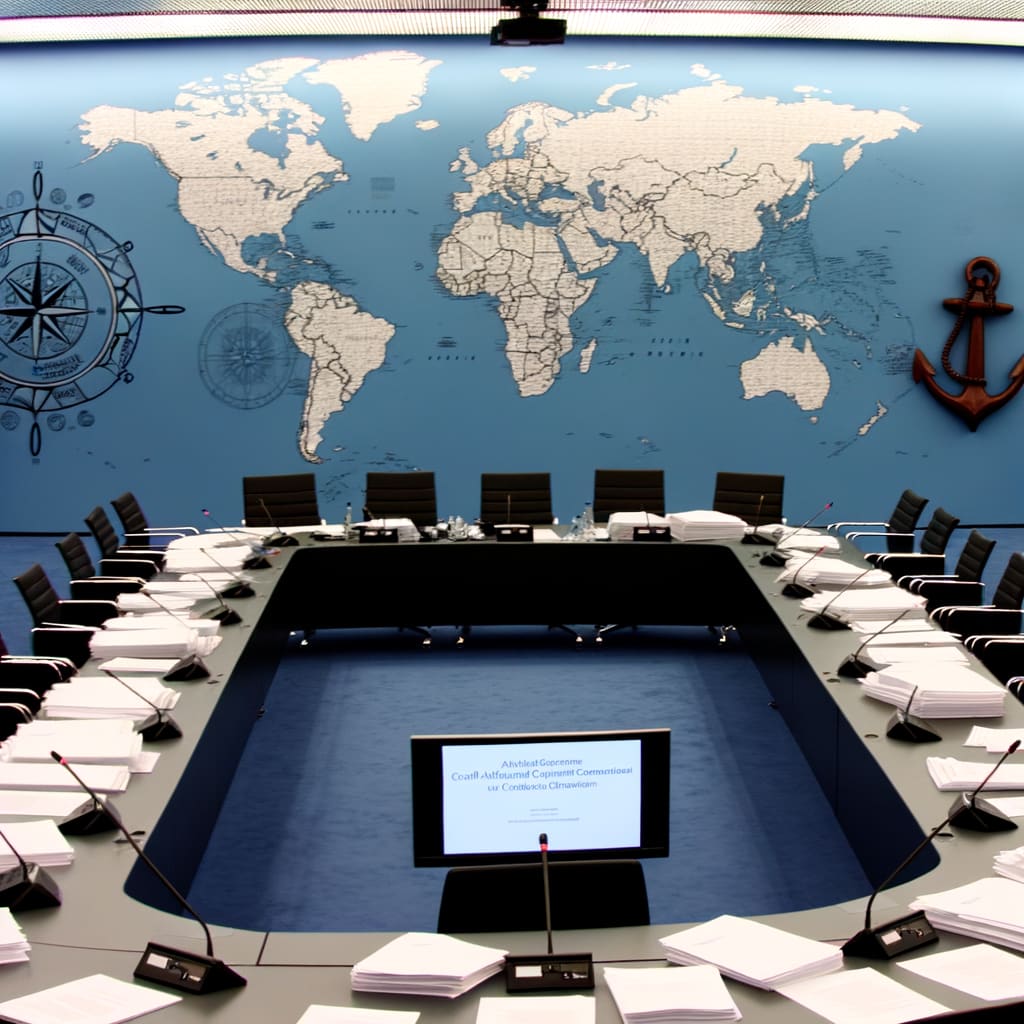US Military Strikes Against Alleged Drug Vessels in Caribbean and Pacific Raises International Concerns
The ongoing US military campaign against what it claims are drug trafficking vessels in the Caribbean and Pacific has stirred a wave of global concern. The campaign, authorized by US President Donald Trump, has led to numerous strikes on boats, leaving several people dead and leading to multiple bodies washing ashore in Trinidad. Critics argue the actions violate international norms, while the US insists it's targeting narcoterrorists and drug cartels, primarily from Venezuela and Colombia.
Campaign Background
The US has been ramping up its presence in the Caribbean and the Pacific as part of an anti-drug trafficking effort. The campaign involves the deployment of guided-missile destroyers, F-35 fighter jets, a nuclear submarine, and thousands of troops. In recent months, the US military has conducted at least ten deadly strikes on suspected drug-running boats, with the latest air strike taking place in the Caribbean Sea. As a result of the campaign, unidentified bodies with burn marks and missing limbs have been appearing on the shores of Trinidad.
Escalation and Casualties
The US accuses the Venezuelan gang Tren de Aragua of operating many of the targeted vessels. According to the US Department of War, the strikes have resulted in numerous deaths, including alleged narcoterrorists. However, the Colombian government challenges these claims, stating that a fisherman, not a drug trafficker, was killed in a recent strike. This has led to strained relations between the US and Colombia, a key non-NATO ally.
International Reactions and Implications
The strikes have drawn criticism and concern from international observers. Some argue that the campaign is less about combating drug trafficking and more about exerting power and pushing for regime change in Venezuela. Venezuelan leader Nicolas Maduro has accused the US of fabricating a war, while critics suggest the actions could lead to a surge in narcotics in the European Union.
The strikes have also led to escalating tension between the US and Colombia. President Trump has threatened to halt financial aid and subsidies to Colombia, accusing its president Gustavo Petro of encouraging drug production. These comments have sparked a diplomatic outcry and have been met with opposition from within the US, where lawmakers are demanding more oversight and evidence backing up the legality of the strikes.
An Uncertain Future
The possibility of further escalation looms as Trump has signaled that the campaign against alleged drug smuggling groups could soon extend from sea to land operations. This potential move raises the stakes in an already tense situation and could have profound implications on the geopolitics of the region.
In conclusion, the ongoing US military campaign against alleged drug vessels has sparked international concerns over its validity, legality, and potential consequences. As the situation continues to unfold, the world watches with bated breath to see how this complex issue will be resolved.

